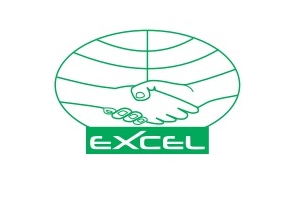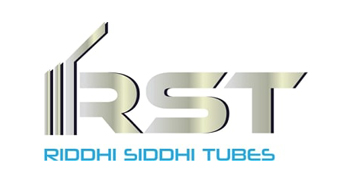Get A Quote
Get A Quote
+91

Home

Account

Get A Quote

About Us
Products
Materials
Contact Us
Connect with us
Get A Quote

Home

Account

Get A Quote

Stainless steel 904L plate is a stainless alloy that offers superior levels of corrosion resistance. Its composition includes chromium, nickel, molybdenum, and copper components, forming a reliable stainless material that can withstand extreme temperatures and corrosive environments. These highly durable stainless plates offer industrial applications and various everyday benefits.
Discover the Chemical Composition of Stainless Steel 904L Plates, essential for various industrial applications.
| Grade | C | Mn | Si | P | S | Cr | Mo | Ni | Cu |
| SS 904L | 0.020 max | 2.00 max | 1.00 max | 0.040 max | 0.030 max | 19.00 – 23.00 | 4.00 – 5.00 max | 23.00 – 28.00 | 1.00 – 2.00 |
The balanced composition of Stainless Steel 904L Plates achieves specific properties, highlighting its versatility and reliability in demanding applications.
The table presents a comprehensive analysis of the key elements identified in the Mechanical Properties of Stainless Steel 904L Plates.
| Density | Melting Point | Tensile Strength | Yield Strength (0.2%Offset) | Elongation |
| 7.95 g/cm3 | 1350 °C (2460 °F) | Psi – 71000 , MPa – 490 | Psi – 32000 , MPa – 220 | 35 % |
Stainless Steel 904L Plates exhibit outstanding mechanical properties, guaranteeing suitability for various applications with long-lasting reliability.
SS 904L plates offer several advantages, making them suitable for various industrial applications. Here are some of the key advantages:
Therefore, Stainless Steel 904L plates are often favoured for their combination of corrosion resistance, strength, and other favourable properties.
Stainless Steel 904L plates find applications in various industries due to their unique benefits. Some common uses of Stainless Steel 904L plates include:
Thus, these highly durable stainless steel 904l plates offer numerous industrial applications and benefits for everyday practical use to increase the performance and longevity of any project.
Stainless steel 904L plate is a stainless alloy that offers superior levels of corrosion resistance. Its composition includes chromium, nickel, molybdenum, and copper components, forming a reliable stainless material that can withstand extreme temperatures and corrosive environments. These highly durable stainless plates offer industrial applications and various everyday benefits.
Discover the Chemical Composition of Stainless Steel 904L Plates, essential for various industrial applications.
| Grade | C | Mn | Si | P | S | Cr | Mo | Ni | Cu |
| SS 904L | 0.020 max | 2.00 max | 1.00 max | 0.040 max | 0.030 max | 19.00 – 23.00 | 4.00 – 5.00 max | 23.00 – 28.00 | 1.00 – 2.00 |
The balanced composition of Stainless Steel 904L Plates achieves specific properties, highlighting its versatility and reliability in demanding applications.
The table presents a comprehensive analysis of the key elements identified in the Mechanical Properties of Stainless Steel 904L Plates.
| Density | Melting Point | Tensile Strength | Yield Strength (0.2%Offset) | Elongation |
| 7.95 g/cm3 | 1350 °C (2460 °F) | Psi – 71000 , MPa – 490 | Psi – 32000 , MPa – 220 | 35 % |
Stainless Steel 904L Plates exhibit outstanding mechanical properties, guaranteeing suitability for various applications with long-lasting reliability.
SS 904L plates offer several advantages, making them suitable for various industrial applications. Here are some of the key advantages:
Therefore, Stainless Steel 904L plates are often favoured for their combination of corrosion resistance, strength, and other favourable properties.
Stainless Steel 904L plates find applications in various industries due to their unique benefits. Some common uses of Stainless Steel 904L plates include:
Thus, these highly durable stainless steel 904l plates offer numerous industrial applications and benefits for everyday practical use to increase the performance and longevity of any project.






The density of stainless steel 904L plates is typically around 7.95 grams per cubic centimeter (g/cm3). This value is based on the density of the alloy's constituents, which include iron, chromium, nickel, molybdenum, and copper. The density of stainless steel plates may vary between different suppliers, manufacturers, and processing methods. Keep in mind that density is an intrinsic material property that doesn't change much by changing the shape, size, or manufacturing process. It is worth noting that density is not the only property that defines the quality of the material, other properties like strength, corrosion resistance, ductility, and hardness are also important.
Price is based on the various factors, in general, it starts from INR 700/Kg to INR 950/Kg



















-1688635827661.webp)


















No more suppliers available.
Website Banner